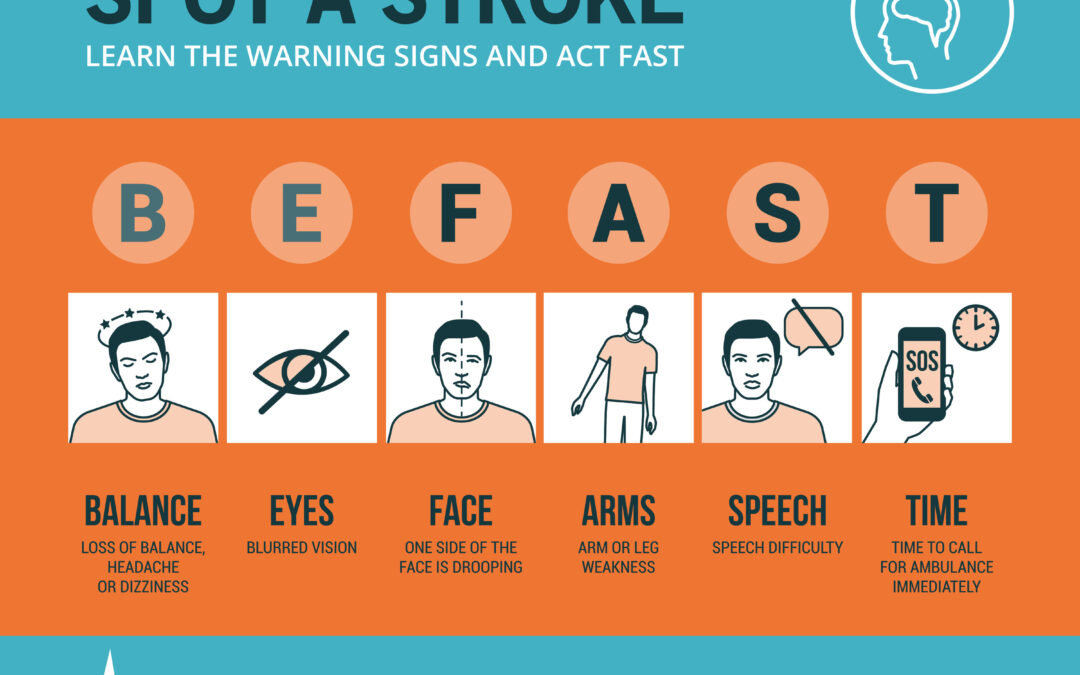Strokes are serious medical emergencies that occur when the blood supply to the brain is disrupted, leading to brain cell damage and potentially life-altering consequences. Early detection is crucial to minimize long-term effects and prevent further damage. By being aware of the signs of stroke and conducting simple tests, you can help identify a stroke and seek immediate medical attention.
Understanding Stroke:
A stroke occurs when there is a blockage or rupture of a blood vessel in the brain, leading to a lack of oxygen and nutrients. This can result in the death of brain cells and subsequent impairment of various bodily functions. The two main types of strokes are ischemic stroke, caused by a blockage in a blood vessel, and hemorrhagic stroke, caused by bleeding in the brain.
Recognizing the Signs:
It is important to be familiar with the common signs of stroke, which can manifest suddenly and without warning. Remember the acronym FAST to help identify the signs:
1. Face drooping: One side of the face may droop or feel numb. Ask the person to smile and check if their smile appears uneven.
2. Arm weakness: One arm may become weak or numb. Ask the person to raise both arms and see if one arm drifts downward.
3. Speech difficulty: Speech may become slurred or difficult to understand. Ask the person to repeat a simple sentence and observe if their words are jumbled or incomprehensible.
4. Time to call emergency services: If any of these signs are present, it is crucial to call emergency services immediately. Time is of the essence when it comes to stroke, and prompt medical attention can significantly improve the chances of recovery.
Importance of Early Detection:
Early detection of stroke is crucial to minimize long-term effects and prevent further damage. Timely medical intervention can help restore blood flow to the brain, potentially reducing the extent of brain cell death and improving the chances of recovery. Delaying medical treatment can lead to severe disabilities, such as paralysis, speech difficulties, memory loss, or even death.
Conclusion:Recognizing the signs of stroke and conducting simple tests can help confirm that someone is experiencing a stroke, prompting immediate action. Remember the acronym FAST and be aware of facial drooping, arm weakness, speech difficulty, and the importance of time. Early detection is key to avoiding long-term effects and damage, so never hesitate to call emergency services if you suspect a stroke.
THINKING OF BUYING OR SELLING?
Let the RCFE Resource team of professionals bring proven expertise to help you get the highest price for your Assisted Living or Health Care properties. We are pleased to offer a complimentary, no obligation valuation of your home and business. Please call today for your FREE consultation.
Michelle (949) 397-4506 | michelle@RCFEresource.com
Melvyn (949) 500-3630 | melvyn@RCFEresource.com



